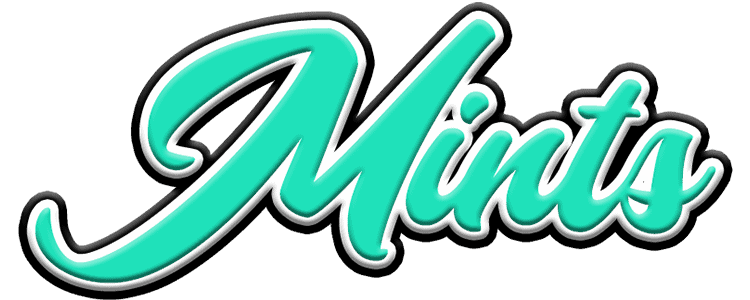In this article, we want to answer a question many of you may be asking yourselves. How does the Drug Enforcement Agency (DEA) feel about Delta 8? Is Delta 8 a controlled substance? Working within the law is no joking matter, and if you are looking to do your best due diligence in knowing how Delta 8 products are legal, we are here to help you gain a better understanding.
From our other article discussing how Delta 8 is federally legal, we break down the 2018 Farm Bill to explain how hemp derived Delta 8 exists in the market. If you would like to refresh yourself in that area, feel free to check it out along with our other blog posts. In this article, we are going to primarily focus on the DEA’s opinion on Delta 8, and how that affects the end consumer.
Is Delta 8 a Controlled Substance?
As Delta 8 rapidly grows in popularity across the country, states are increasingly stepping in to ban or regulate this cannabinoid. The DEA, however, is taking a step back on how it views Delta 8 at the federal level. In short, the DEA does not consider Delta 8 to be a controlled substance and is sticking to the regulations set by the 2018 Farm Bill.
How is this possible? How come the DEA is allowing for Delta 8 to be federal, yet states are continuing to increase the hurdles to obtain Delta 8 for consumers? There have been two moments where representatives of the DEA have commented on their general stance on Delta 8 THC. In June 2021, a virtual town hall meeting was hosted by the Florida Department of Agriculture and Consumer Services. At this meeting, the DEA Chief of Intergovernmental Affair Sean Mitchell was in attendance and was asked about the legal state of Delta 8.
He said that “the only thing that is a controlled substance is delta-9 THC greater than 0.3 percent on a dry-weight basis.” This statement was a defining moment for understanding where Delta 8 stands federally. Despite the DEA and CDC releasing information regarding the unknown health concerns over Delta 8 THC, the DEA has not once but twice publicly announced that it is not a controlled substance. In addition to the virtual town meeting in Florida, the DEA had also announced in September 2021 to the Alabama State Board of Pharmacy a letter in regards to their stance on Delta 8 THC.
The letter sent to the Alabama State Board was a similar statement presented at the virtual town meeting. In short, “cannabinoids extracted from the cannabis plant that have a delta-9 THC concentration of not more than 0.3 percent on a dry weight basis meet the definition of ‘hemp’ and thus are not controlled under the [Controlled Substances Act].” In both instances where representatives of the DEA have discussed their stance on Delta 8 THC, they have put Delta 8 beyond their scope of interest.
The DEA Ruling on Delta 8 and How That Affects You
What does all of this mean for you? For Delta 8 businesses, we know that there may continue to be a light at the end of the tunnel. If you are in a state where Delta 8 is legal to consume, you as an end user won’t have to worry about the DEA knocking on your door. Make sure you continue to educate yourself on the legality of Delta 8 in your local area to maintain full compliance with the law.
On a federal level, we can safely say that as a consumer, you are safe to use Delta 8 products. If you would like to know more about how Delta 8 is federally legal, check out our other article discussing the 2018 Farm Bill.
We hope that this article helped you gain a better understanding about the DEA’s relationship with Delta 8, and ultimately help you become a more informed Delta 8 consumer. If you would like to learn more about Delta 8, feel free to check out our other blog posts!





